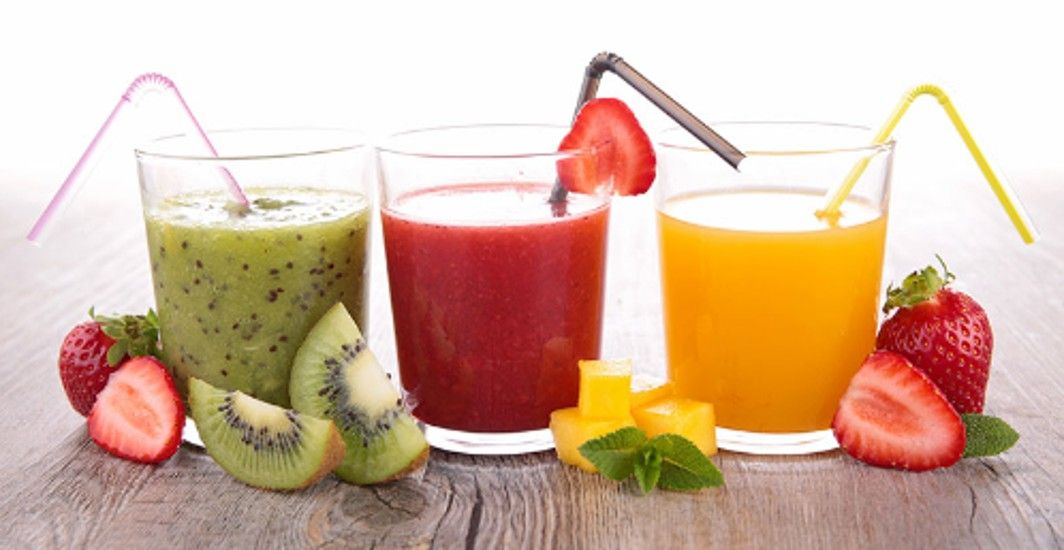Diabetes Management
Fruits for Diabetes Control: A Sweet Guide
2 min read
By Apollo 24|7, Published on - 20 February 2024, Updated on - 22 February 2024
Share this article
0
0 like

If you have diabetes, you need to be careful about the fruits you eat. Fruits are healthy but can also affect your blood sugar levels because of their natural sugars. Choosing the right suitable can be challenging and tricky, but this guide can help. It shows you which fruits are the best and not recommended, for people with diabetes based on their effect on blood sugar levels.
Recommended Fruits for Diabetics:
1. Berries:
Low in sugar and high in fiber, berries like strawberries, blueberries, and raspberries have a low glycemic index (GI), making them ideal for people with diabetes.
2. Citrus Fruits:
Oranges, grapefruits, Kiwi, and lemons are rich in vitamin C and fiber, with a relatively low GI. They also contain antioxidants beneficial for insulin sensitivity.
3. Apples:
With their abundant fiber content, apples can help stabilize blood sugar levels when consumed whole.
4. Papaya & Cherries:
Due to its high fiber and low sugar content, papaya is a healthy fruit for diabetic people. Cherries offer a moderate GI and are packed with antioxidants, aiding in inflammation reduction and blood sugar control.
5. Peaches & Pears:
High in fiber, pears and peaches have a low GI and can help regulate blood sugar levels when included in a balanced diet.
Not Recommended Fruits for Diabetics:
1. Bananas:
While nutritious, bananas are higher in sugar and carbohydrates, causing rapid spikes in blood sugar levels.
2. Pineapple:
Pineapple's natural sugars can lead to sharp increases in blood glucose levels, so it's best consumed in moderation.
3. Mangoes:
Delicious yet high in sugar and carbs, mangoes should be enjoyed sparingly by those with diabetes.
4. Grapes:
Grapes contain concentrated sugars, leading to quick spikes in blood sugar levels, especially when consumed in large quantities.
5. Figs:
Figs are high in natural sugars and can cause significant increases in blood glucose levels, so portion control is crucial.
Conclusion:
Choosing suitable fruits is essential for managing diabetes effectively. By selecting fruits with lower sugar content and higher fiber, you can better control blood sugar levels and improve overall health. Enjoy fruits in moderation and consider their impact on blood glucose levels when planning meals.
Diabetes Management
Consult Top Diabetologists
View AllLeave Comment
Recommended for you
.jpg?tr=q-80)
Diabetes Management
Can Apple Cider Vinegar Help Lower Blood Sugar Levels?
Curious about the role of apple cider vinegar in managing blood sugar levels? While not a cure or replacement for medications, this common kitchen product may help manage your blood glucose levels when added to a comprehensive management plan. Remember, managing diabetes effectively also means making healthier lifestyle choices and having the right support. With programmes like Apollo Super 6, you can get the help you need to effectively manage your diabetes.

Diabetes Management
Optimal Beverage Choices for Type 2 Diabetics
Choosing the right drinks is as crucial as picking healthy foods for managing type 2 diabetes. Water, unsweetened teas, and homemade fruit and vegetable juices in moderation are good options. Remember, sugar-free soft drinks might not always be diabetes-friendly. The golden rule is moderation and balanced consumption. Try infused water or herbal teas for a refreshing change. Every sip counts in your journey towards effective diabetes management.

Diabetes Management
Psychological Challenges of Living with Diabetes
Diabetes causes psychological stress due to self-management, fluctuating glucose levels, and fear of complications. Social factors like stigma also contribute. Support systems and holistic care are crucial for managing these challenges and leading fulfilling lives.
Subscribe
Sign up for our free Health Library Daily Newsletter
Get doctor-approved health tips, news, and more.
Visual Stories

8 Fruits That are Incredibly Healthy for Diabetes
Tap to continue exploring
Recommended for you
.jpg?tr=q-80)
Diabetes Management
Can Apple Cider Vinegar Help Lower Blood Sugar Levels?
Curious about the role of apple cider vinegar in managing blood sugar levels? While not a cure or replacement for medications, this common kitchen product may help manage your blood glucose levels when added to a comprehensive management plan. Remember, managing diabetes effectively also means making healthier lifestyle choices and having the right support. With programmes like Apollo Super 6, you can get the help you need to effectively manage your diabetes.

Diabetes Management
Optimal Beverage Choices for Type 2 Diabetics
Choosing the right drinks is as crucial as picking healthy foods for managing type 2 diabetes. Water, unsweetened teas, and homemade fruit and vegetable juices in moderation are good options. Remember, sugar-free soft drinks might not always be diabetes-friendly. The golden rule is moderation and balanced consumption. Try infused water or herbal teas for a refreshing change. Every sip counts in your journey towards effective diabetes management.

Diabetes Management
Psychological Challenges of Living with Diabetes
Diabetes causes psychological stress due to self-management, fluctuating glucose levels, and fear of complications. Social factors like stigma also contribute. Support systems and holistic care are crucial for managing these challenges and leading fulfilling lives.


